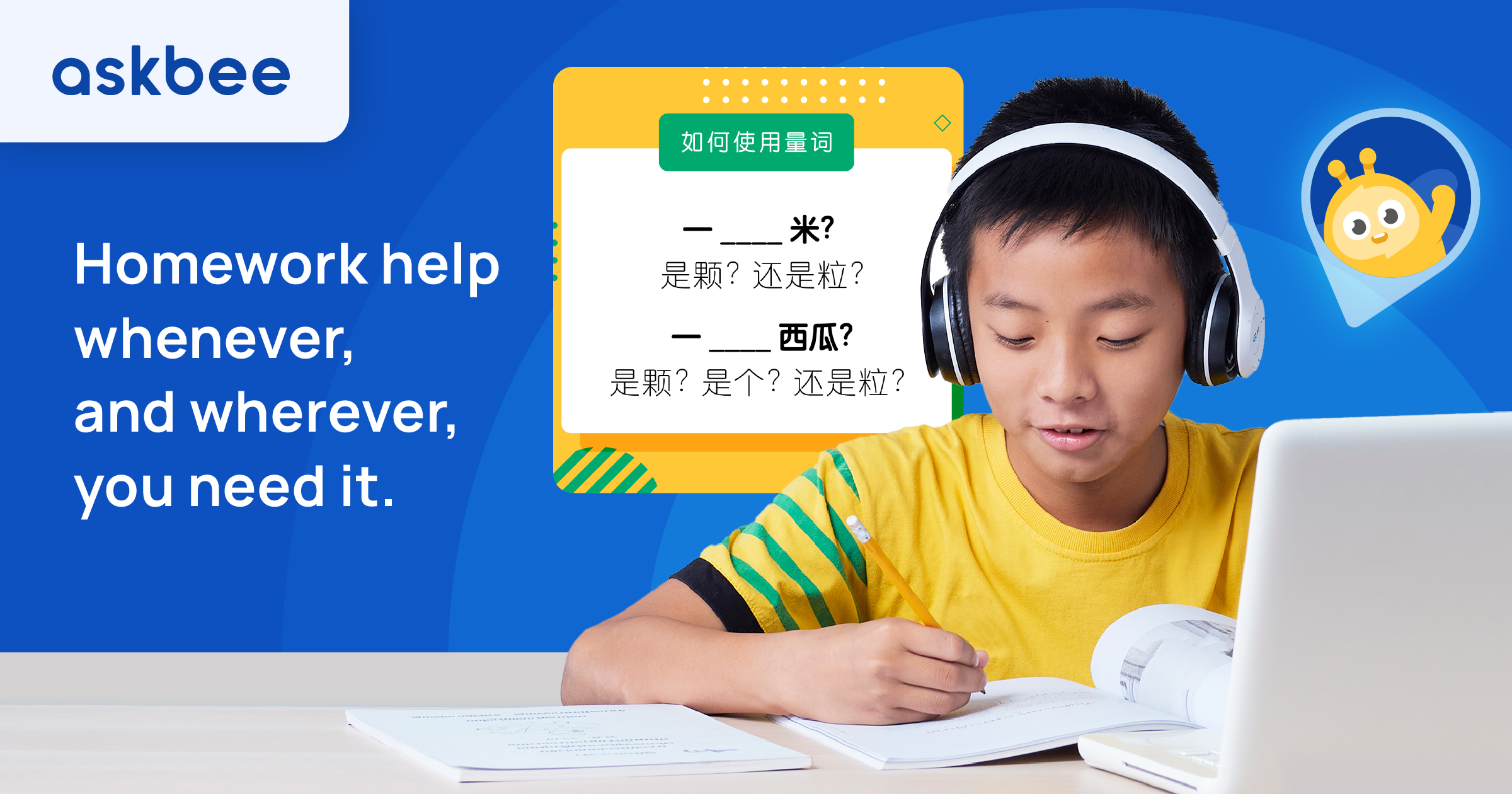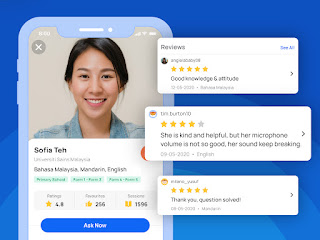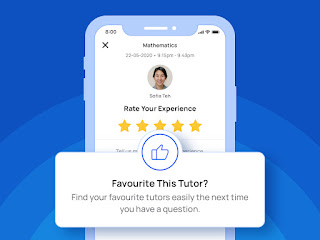Guest Post by Adeline Kwok, parent of Matthew, aged 9 and user of AskBee
As a first time mom, I knew that there was so much I didn't know. But never would I have thought that finding not just a tutor, but the RIGHT tutor for my child was going to be this hard.
Just to give you guys some background: My husband and I were both raised in English speaking households. We both can communicate well in Mandarin as it's still our grandparents preferred language of communication. But that was the extent of our Mandarin usage and capabilities.When my husband and I had Matthew, like every other “banana” parent out there, we wanted him to do, know and have more than us. Which meant enrolling him in a Chinese school and trying our hardest to help him with his Mandarin homework... till we couldn’t anymore. Mind you, this realization came when he was only in Standard 3! (Our grandparents would be so embarrassed!)
Thus began our stressful journey of finding our dear Matthew his first Mandarin tutor.
There are so many factors that go into finding a good tutor - Will Matthew like him or her? Will the tutor take the time to find an approach that works with Matthew? Will he or she be patient? How experienced is this tutor? Should I go for private, group or online tuition?
I’ve seen stressed parents posting on multiple platforms asking for good tutors so I knew I wasn’t alone in this. I’ve also seen the threads of replies with tutor names and phone numbers from other helpful (and probably equally stressed) parents. But I was NOT excited about the idea of going through months of trial and error before finding the right one.
One fine day, I saw an ad for AskBee and decided to give it a shot.
Tip 2: Pick The Right Tutor
The main reason I decided to give it a go was because I knew that I could look through the Tutors Profiles to know more about their tutors. Information such as the subjects the tutors teach, affiliations the tutors belonged to and even reviews and ratings from other students are made public. I could even see if other students chose to add the tutor to their Favourite Tutor pool. This really helped filter through the tutors for me.
I checked out the AskBee website to find out more and was happy to know that most of the tutors had a teaching background or were straight A students themselves.
Tip 3: Pick Tutors Who Instil A Love of Learning
I’m happy to report that Matthew’s Mandarin is improving and more importantly, he’s enjoying the process again. I know that eventually my husband and I are going to be turning to Matthew for our Mandarin translation needs. (Our grandparents would be so proud… of Matthew at least).
Click here to learn more about AskBee and receive 2 free sessions!
“This is the first time I've gotten an A in my Mandarin! Now that I have AskBee, I don't have to bother my parents with my homework and revision anymore. The tutors have been very patient as well.”
(Ayden Yap, Standard 5)
This post was brought to you by AskBee. AskBee is an app that helps primary and secondary school students to learn better, by providing them with live, on-demand access to a personal tutor.
All approved AskBee tutors are current or former school teachers, full time tutors, or university undergrads who were A+ students themselves and are equipped to teach. All tutor applicants go through a strict interview and onboarding process with the AskBee team and will continue to go through quality checks and reviews.

%20(1).jpg)










